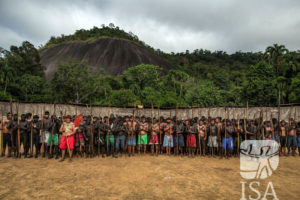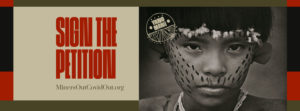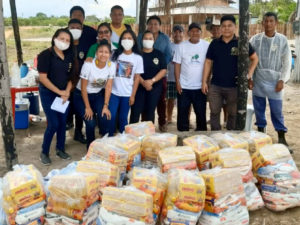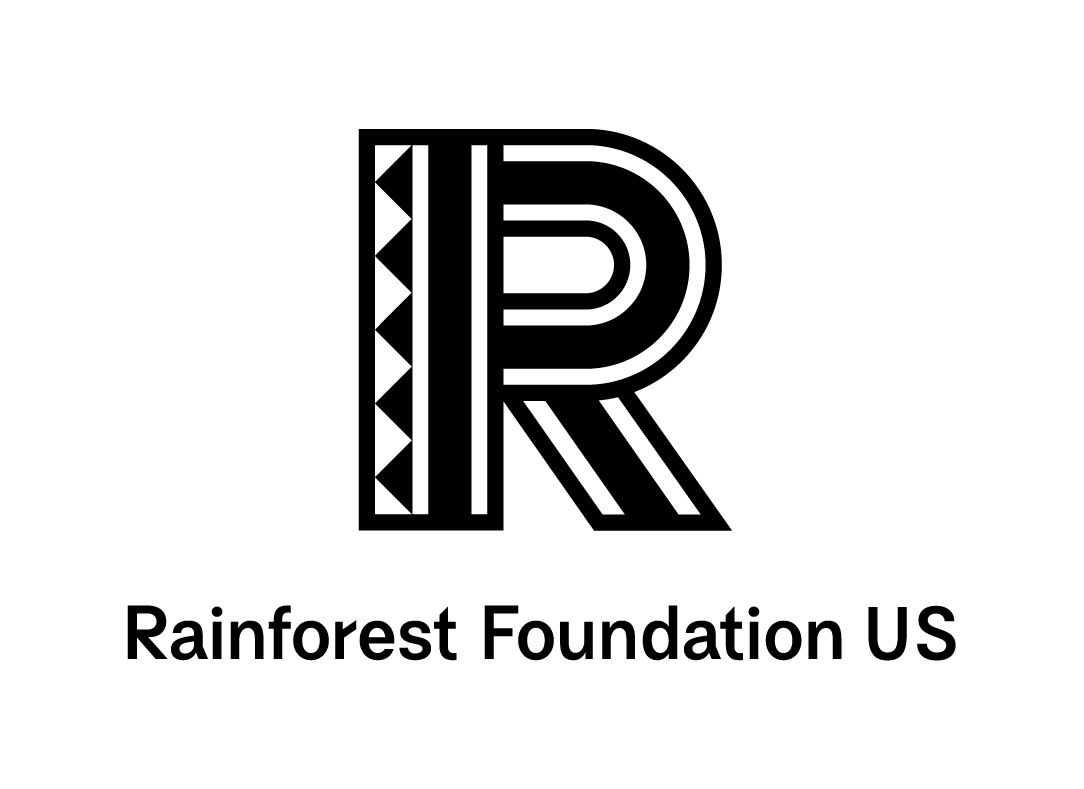Less than ten years have passed since the United Nations assembly adopted the Declaration on the Rights of Indigenous Peoples (UNDRIP). Even though the declaration is non-binding, several countries, such as the United States, Canada, and Colombia, initially refused to sign the declaration, perhaps owing to the implications it has for their treatment of native peoples.
Nonetheless, the declaration is a true human rights victory. In the years that followed, every country that had voted against the declaration has recanted that decision. Though the declaration is enforced voluntarily, this reversal nonetheless demonstrates the persuasive power of oppressed indigenous peoples the world over.
Non-binding resolutions and international statements can leave a bad taste in one’s mouth — as they should. These sweeping declarations are largely symbolic in nature, and nobody should think the the passage of this declaration will result in concrete progress for first nations. This being said, these declarations do provide indigenous communities a register of rights which can be invoked to protest government abuses.
Through appeals to international resolutions, communities have won significant concessions from governments. For an example, we can look to a recently introduced piece of legislation in Panama: Law 81.
Panama is a diverse country. Indigenous communities have always played an important role in constituting the social and economic fabrics of the nation. It has also been demonstrated that these indigenous communities are the best stewards of Panama’s ancient rainforests. Panama was once almost completely covered in rainforest, today just half of it remains. Almost all of Panama’s remaining rainforest is in lands populated by indigenous groups — the rest has long been cleared away, being utilized for highways, ranching or logging operations. Despite, or perhaps because of their devotion to the rainforest, the Panamanian government has frequently refused to acknowledge the land rights of indigenous communities, thereby depriving them of legal ownership of the lands that have been in their families for generations.
This, however, may soon change. Indigenous groups have spent years pressuring Panama’s government to sign key parts of the declaration into law. One provision of this document that was of critical interest is the language surrounding Free, Prior, and Informed Consent for land use. Under the recommendations of the declaration, Free Prior and Informed Consent (FPIC) must be given by indigenous communities for any development projects undertaken on their land. This, if signed into law in Panama, would allow indigenous groups an unprecedented ability to defend their homes from corporate threats.
This effort, a decade in the making, was a success. Panama recently passed Law 81, which borrows much of the language surrounding FPIC, as it is presented in Article 32 of the Declaration. While far from perfect, if this law had been on the books a couple of years ago, the just completed Barro Blanco dam, which is set to flood indigenous lands, would probably not have been built.
Law 81 will help indigenous communities protect the rainforests they inhabit. Without the ability to appeal to an international agreement, like that provided by UNDRIP, there is no telling when or if this change would have occurred. By enforcing Law 81, Panama is joining the international community in acknowledging that indigenous peoples have a right to their homes, regardless of the wants of private capital.





